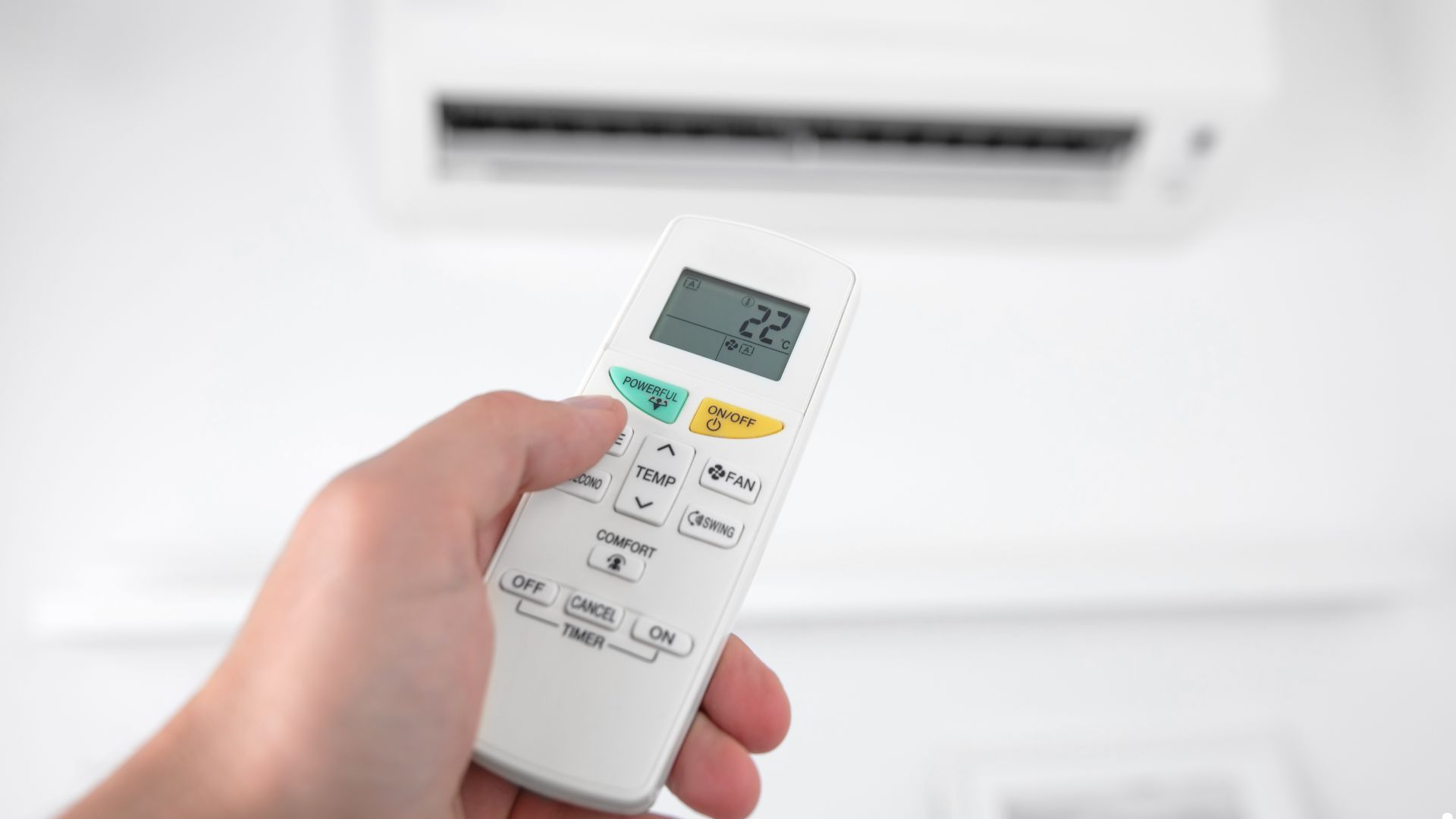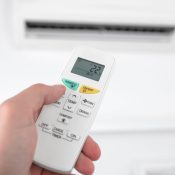
How to Choose an Energy-Efficient AC: A Comprehensive Guide
In today's world, where energy efficiency is crucial for both environmental sustainability and cost savings, selecting the right air conditioner (AC) can make a significant difference. An energy-efficient AC not only reduces your electricity bills but also lowers your carbon footprint. This guide will help you navigate the key factors to consider when choosing an energy-efficient AC for your home or office.
Why Energy Efficiency Matters in an AC
1. Lower Energy Bills
Energy-efficient AC units consume less power, leading to reduced electricity bills without compromising on cooling performance.
2. Environmental Benefits
Efficient air conditioners emit fewer greenhouse gases, helping reduce the impact on global warming.
3. Longer Lifespan
Energy-efficient models are designed to operate optimally, resulting in less wear and tear and a longer lifespan.
4. Better Cooling Performance
These models come equipped with advanced technology that ensures consistent cooling while using minimal energy.
Factors to Consider When Choosing an Energy-Efficient AC
1. Check the Energy Efficiency Rating (EER, SEER, and ISEER)
The Energy Efficiency Ratio (EER), Seasonal Energy Efficiency Ratio (SEER), and Indian Seasonal Energy Efficiency Ratio (ISEER) are indicators of how much cooling an AC can provide per unit of electricity consumed. Higher ratings signify better efficiency.
- EER: Measures energy efficiency under standard conditions.
- SEER: Measures seasonal variations in efficiency.
- ISEER: Standard for India, adapted to regional climate conditions.
2. Look for the ENERGY STAR Label
ACs with an ENERGY STAR certification meet strict energy efficiency guidelines set by regulatory authorities. These units use up to 15% less energy than standard models.
3. Choose the Right AC Type
The type of AC significantly impacts its energy efficiency. Here are the most common types:
- Split ACs: More efficient than window units and provide better cooling performance.
- Inverter ACs: Adjust cooling speed dynamically, reducing energy consumption.
- Window ACs: Suitable for small rooms but less efficient compared to split ACs.
- Portable ACs: Convenient but typically less energy-efficient.
4. Consider the Cooling Capacity (Tonnage)
Selecting the correct tonnage is essential to avoid excessive power consumption or inadequate cooling. The general guidelines are:
- Up to 150 sq. ft. - 1 Ton
- 150 - 250 sq. ft. - 1.5 Ton
- 250 - 400 sq. ft. - 2 Ton
5. Advanced Features That Improve Efficiency
When selecting an AC, consider advanced features such as:
- Inverter Technology: Adjusts compressor speed based on cooling demand.
- Dual Inverter Compressors: Further improve efficiency and reduce noise.
- Smart Sensors & AI Cooling: Detects room occupancy and adjusts cooling accordingly.
- Eco Mode: Minimizes power usage while maintaining comfort.
6. Check the Refrigerant Type
Opt for ACs that use eco-friendly refrigerants like R-32 or R-410A, which have lower global warming potential (GWP) compared to older refrigerants like R-22.
7. Proper Installation and Maintenance
Even the most energy-efficient AC can perform poorly if not installed correctly. Ensure:
- Proper sealing and insulation around the unit.
- Regular filter cleaning and maintenance.
- Annual servicing to keep the AC running efficiently.
8. Smart Connectivity & Energy Monitoring
Modern ACs come with Wi-Fi connectivity, allowing you to monitor and control energy consumption remotely. Smart thermostats and mobile apps help optimize cooling schedules.
To learn more about the latest AC technologies and best maintenance practices, check out TawoosTech’s guide on HVAC maintenance.
Final Thoughts
Choosing an energy-efficient AC is an investment in both comfort and sustainability. By considering factors like energy ratings, AC type, tonnage, refrigerants, and smart features, you can find the best option that balances efficiency and cooling performance.




